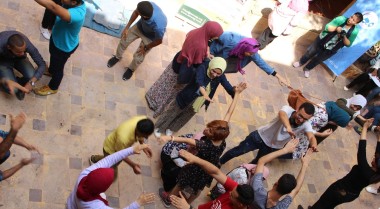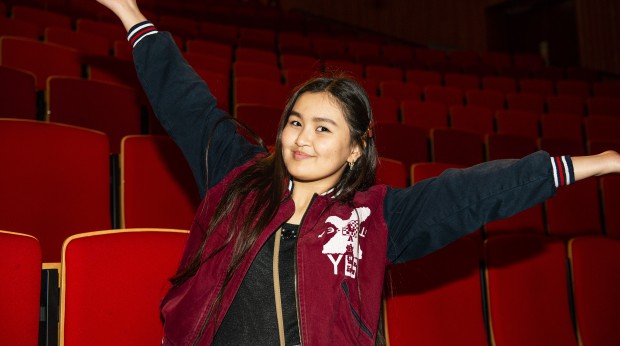The Importance of Civil Society in the Middle East and North Africa region
For many decades the Middle East and North Africa (MENA) region has been in turmoil. The last years the turbulence increased following the civil wars in Syria, Iraq, Libya and Yemen, causing devastating effects on human lives, livelihoods and economies. As a result millions of people have fled to countries such as Lebanon, Turkey and Jordan. In turn, this unrest has fueled violent conflicts between communities in countries such as Iraq, Yemen, Lebanon, Egypt, Libya, and Bahrain.
In this context of upheaval, peacebuilding and conflict prevention are essential for the future of the region. Civil society has worked on many different efforts in the region to progress on human security and to incorporate empowerment and protection measures. Within all this instability, the key stakeholders have been involved in order to promote community dialogues and to reduce violence, prejudices and separation linked to sectarianism.
Civil society organisations in the Middle East and North Africa play a key role for culture of peace in the region, but are faced with many challenges and ever-changing contexts. Our members of the MENA Partnership for the Prevention of Armed Conflict (MENAPPAC) work in the region to respond to these challenges with a focus on conflict prevention and peacebuilding. During their last event in December, the members tackled the issues in the region from different perspectives. Firstly, they focused on their advocacy activities on Small Arms and Light Weapons proliferation. It is widely accepted that this proliferation is a threat to the security of civilians in many of these countries. The illicit arms trade has increased, as well as the number of injuries and deaths. Raising awareness on these issues is one of the first steps for civil society to reach the local communities and have their support in the fight against the massive smuggling of arms. At the same time, CSOs are working hard to advocate to the governments in order to increase the control of arms and seek cooperation on this level.
Another crucial element that was highlighted during the meeting is the fight against shrinking space for civil society in the region. In countries affected by massive human rights violations, civil society has been deprived of their voice. Human rights defenders and activists are more and more exposed to danger and the rate of harassment. Moreover, torture and death penalty is still high in many of these countries. The issue of shrinking space is a huge obstacle for sustainable development and peace in fragile and conflict affected countries. With the aim to continue the work, our members in the MENA region have kept on working towards improved political space and increased access and opportunities for local communities.
Many organizations work in order to empower civil society and specific work has been done for the inclusion of women and youth, highlighting the relevant role of the UNSCR 1325 and 2250. Integrating policies on Women, Peace and Security and including women in peace processes is key, because it leads to building stronger, inclusive and resilient communities. The same efforts are happening for the inclusion of youth. In Syria, for instance, young people have been involved in processes related to social media and their use as a tool for the activists to both gather and spread information, besides other activities aimed to build peace. A specific program related to media literacy has been developed in some areas in Syria and Lebanon with the aim at tackle and reduce radicalisation among youth. Art and design have been used a lot as a mean to reach the younger generations. For example, in Palestine our member, MEND uses the methodology of participatory video as a way for young boys and girls to advocate for their rights. Finally, in Sudan our member organization MAMAN has implemented a project on plastic art and paintings around conflict resolution, peacebuilding and the acceptance of the other. At the same time, in Iraq several efforts have been dedicated to spread a culture of tolerance and respect of different confession. Moreover, the Organization for Mesopotamian Peace advocated to introduce a new law on the protection of diversity and the prevention of discrimination.
Working on conflict prevention and peacebuilding is highly important for post-war contexts, there where communities have to rebuild the country. However, this process is impossible without taking action towards the promotion of trust in ‘the other', and creating a culture of dialogue, diversity and tolerance. As sectarian divisions are spreading across the region, it is the main duty for civil society to reduce prejudices, create community-building mechanisms and involve all citizens in conflict prevention and peacebuilding processes.
By Teresa Biscosi - Regional Liaison Officer - MENAPPAC & Project Officer - Permanent Peace Movemen

